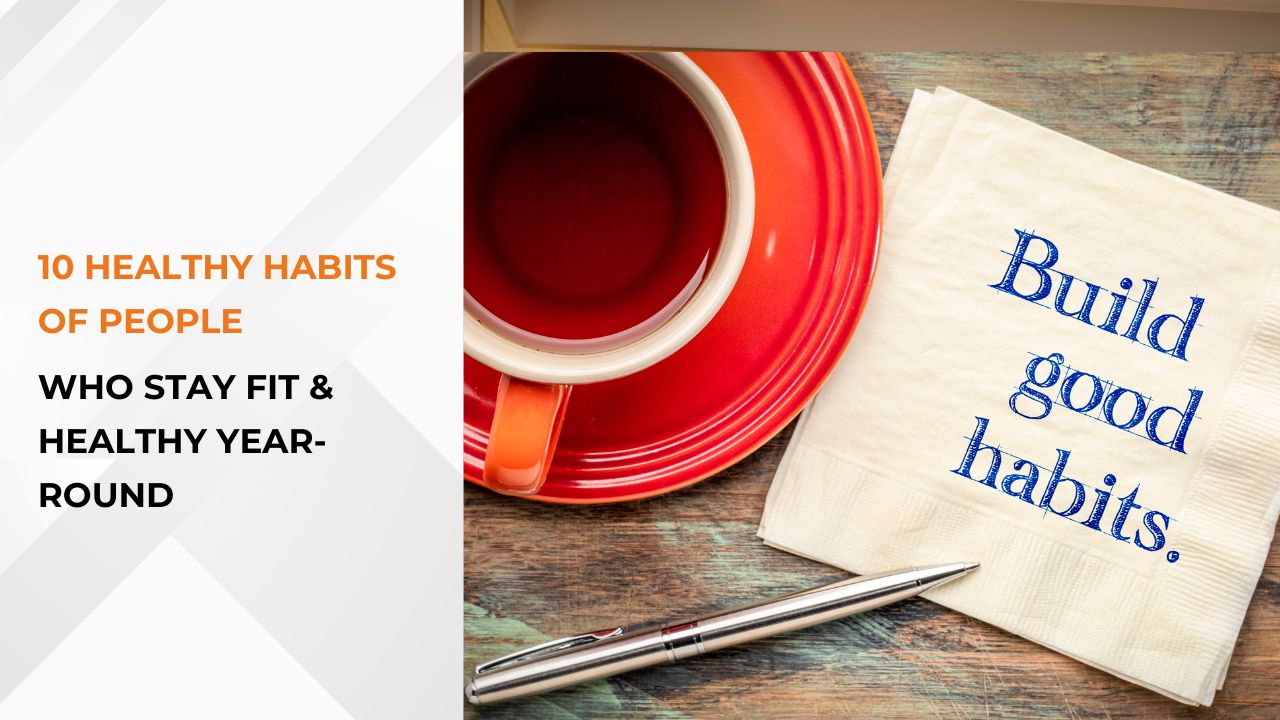Tips to Kick-Start Your Fitness Journey in 2025

The start of a new year brings fresh opportunities to focus on your health and well-being. If 2025 is the year you’ve decided to prioritize fitness, you’re already on the right track. Beginning your fitness journey can feel overwhelming, but with the right mindset and actionable steps, you can set yourself up for long-term success. Here’s a comprehensive guide to help you kick-start your fitness journey in 2025.
1. Set Clear and Achievable Goals
One of the most critical steps in starting your fitness journey is defining your goals. Whether you want to lose weight, gain muscle, improve endurance, or simply feel healthier, having clear objectives will keep you focused and motivated. Use the SMART goal-setting method:
- Specific: Define what you want to achieve.
- Measurable: Track your progress with quantifiable metrics.
- Achievable: Ensure your goals are realistic.
- Relevant: Align your goals with your broader lifestyle aspirations.
- Time-bound: Set deadlines to stay accountable.
For example, instead of saying, “I want to get fit,” a SMART goal would be, “I want to lose 5 kilograms in three months by exercising four times a week and eating healthier.”
2. Assess Your Current Fitness Level
Before diving into a fitness routine, it’s essential to understand your starting point. Evaluate your fitness level by:
- Taking note of your weight, measurements, and BMI.
- Testing your endurance with a short run or brisk walk.
- Measuring your strength with basic exercises like push-ups or squats.
- Consulting a healthcare professional for a comprehensive health check-up.
This baseline assessment will help you create a realistic plan and track progress over time.
3. Create a Personalized Fitness Plan
A one-size-fits-all approach rarely works in fitness. Tailor your plan to suit your goals, preferences, and schedule. Consider the following elements:
- Cardiovascular Exercise: Activities like running, cycling, or swimming to boost heart health.
- Strength Training: Workouts such as weightlifting or bodyweight exercises to build muscle and improve metabolism.
- Flexibility and Balance: Practices like yoga or Pilates to enhance mobility and prevent injuries.
- Rest Days: Time for recovery to allow your body to heal and grow stronger.
If you’re unsure where to start, seek guidance from a certified personal trainer or explore beginner-friendly workout programs online.
4. Invest in the Right Gear
Having the proper equipment and attire can make a significant difference in your fitness journey. Comfortable clothing, supportive footwear, and any necessary gear (like dumbbells or resistance bands) can enhance your performance and reduce the risk of injury. Consider investing in a fitness tracker or smartwatch to monitor your activity levels, heart rate, and calories burned.
5. Prioritize Nutrition
Fitness and nutrition go hand in hand. To fuel your workouts and achieve your goals, focus on eating a balanced diet rich in:
- Lean Proteins: Chicken, fish, eggs, tofu, and legumes to repair and build muscle.
- Complex Carbohydrates: Whole grains, fruits, and vegetables for sustained energy.
- Healthy Fats: Nuts, seeds, avocados, and olive oil to support overall health.
- Hydration: Drink plenty of water throughout the day, especially before and after exercise.
Avoid crash diets and focus on sustainable changes that you can maintain in the long term.
6. Start Slow and Progress Gradually
It’s tempting to dive headfirst into an intense fitness routine, but this can lead to burnout or injury. Begin with manageable workouts and gradually increase the intensity and duration as your fitness improves. For instance, if you’re new to running, start with a mix of walking and jogging before attempting a continuous run.
7. Stay Consistent
Consistency is key to achieving your fitness goals. Schedule your workouts at a time that works best for you and treat them as non-negotiable appointments. Even on days when motivation wanes, remind yourself of your “why” and push through. Remember, progress is the result of cumulative effort.
8. Find a Support System
Fitness journeys are more enjoyable and sustainable with support. Partner with a friend, join a fitness class, or become part of an online fitness community. Sharing your progress, challenges, and achievements with like-minded individuals can keep you accountable and motivated.
9. Track Your Progress
Keeping track of your fitness journey can be incredibly rewarding and informative. Use a journal, fitness app, or wearable device to log your workouts, diet, and progress. Celebrate milestones, no matter how small, to stay motivated and recognize your hard work.
10. Overcome Challenges
It’s natural to encounter obstacles like time constraints, lack of motivation, or plateaus. Address these challenges by:
- Adjusting your schedule to prioritize fitness.
- Exploring new workouts to keep things exciting.
- Seeking professional advice if progress stalls.
- Practicing self-compassion and focusing on the bigger picture.
11. Incorporate Rest and Recovery
Rest days are as important as workout days. They allow your muscles to recover and grow, reducing the risk of overtraining and injuries. Incorporate activities like stretching, foam rolling, or light yoga on rest days to stay active without straining your body.
12. Stay Inspired
Find sources of inspiration to keep your enthusiasm alive. Follow fitness influencers, read success stories, or set up a vision board with motivational quotes and images. Revisiting your goals and celebrating small victories can reignite your passion.
13. Focus on Long-Term Habits
Fitness is a lifelong journey, not a temporary fix. Aim to develop habits that integrate seamlessly into your daily routine. Over time, these habits will become second nature, ensuring lasting results and a healthier lifestyle.
Conclusion
Starting your fitness journey in 2025 is an exciting opportunity to invest in your health and well-being. By setting clear goals, creating a personalized plan, and staying consistent, you can make fitness an integral part of your life. Remember, progress takes time, so be patient and celebrate every step forward. Here’s to a fitter, healthier you in 2025!

